We are delighted to welcome to the team Professor Jayanta Haldar of the Jawaharlal Nehru Centre for Advanced Scientific Research (JNCASR), Bangalore, India.
Jayanta studied at Presidency College, University of Calcutta before moving to the Indian Institute of Science, Bangalore for an M.Sc. and Ph.D.. In 2004, he took up a postdoctoral position at the Massachusetts Institute of Technology, USA with Alexander Klibanov. Subsequently, Jayanta returned to India to take up an Assistant Professor position at JNCASR, his current faculty, where he was made Associate Professor in 2015.
Professor Haldar’s group specializes in the development of novel antimicrobial therapeutics, coatings and surfaces, alongside novel nano-delivery systems for drugs. To find out more about his research, take a look at the group webpage, or read a few of his many publications:
Chem. Commun., 2018,54, 4943-4946, DOI: 10.1039/C8CC01926F
Chem. Commun., 2017,53, 8427-8430, DOI: 10.1039/C7CC04206J
A review on cell wall synthesis inhibitors with an emphasis on glycopeptide antibiotics
Med. Chem. Commun., 2017,8, 516-533, DOI: 10.1039/C6MD00585C
Aryl-alkyl-lysines: small molecular membrane-active antiplasmodial agents
Med. Chem. Commun., 2017,8, 434-439, DOI: 10.1039/C6MD00589F












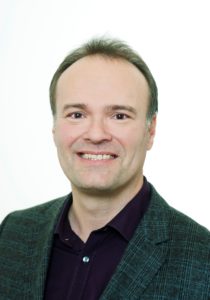
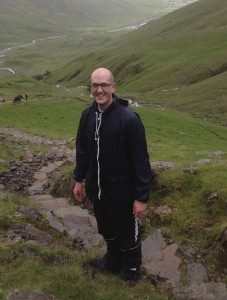
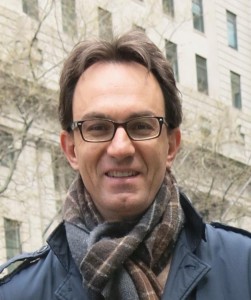
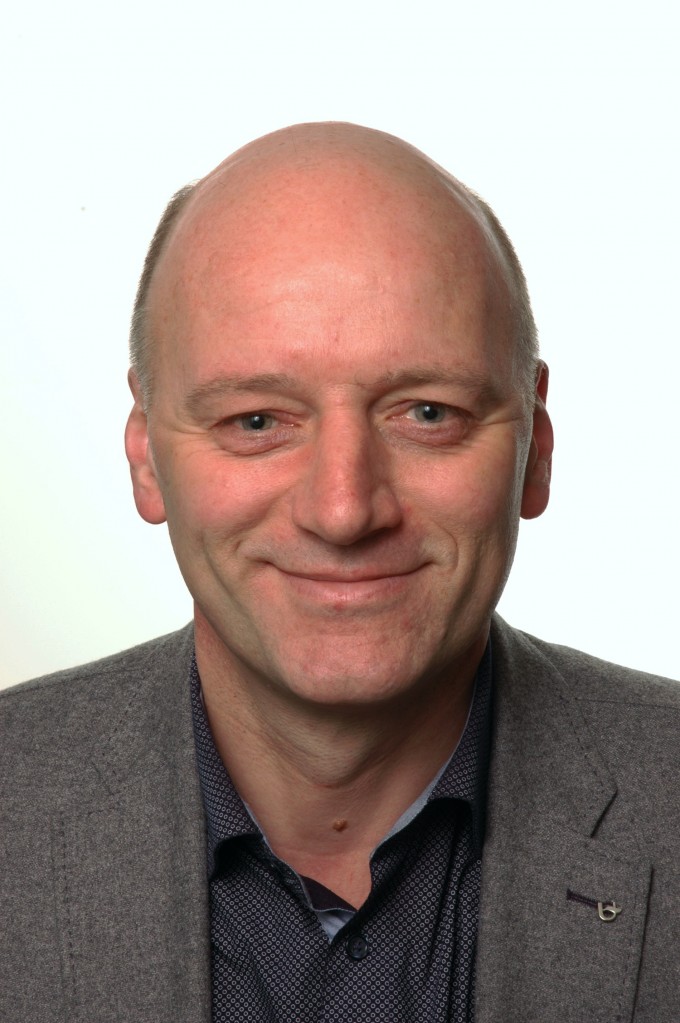
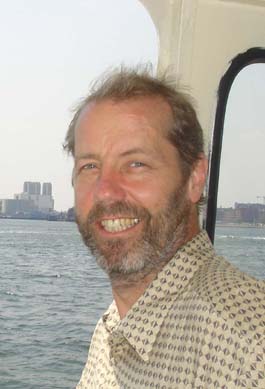
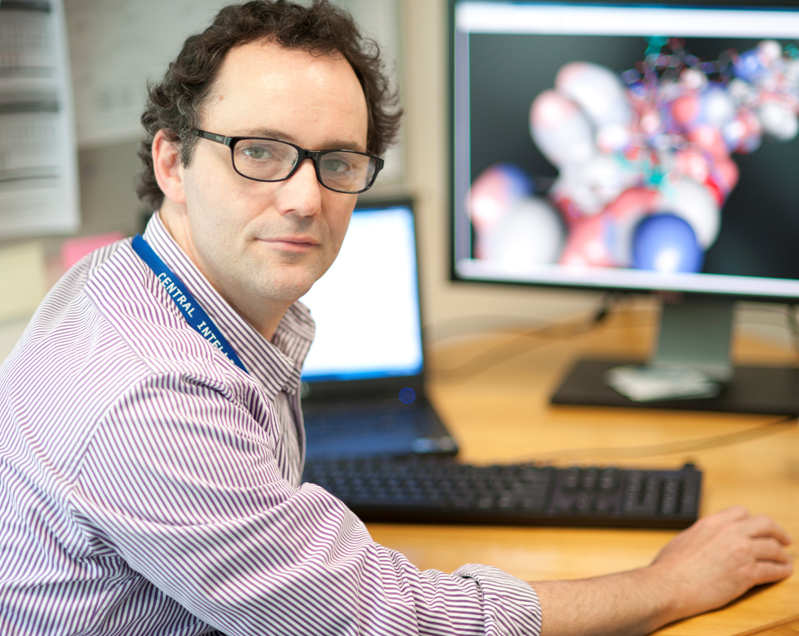


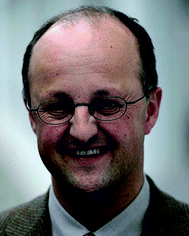
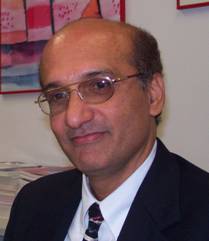

 “MedChemComm has what it takes to become a leading journal of Medicinal Chemistry. It fills a gap since it differs from other med chem journals due to its wide scope and its unique format. I’m looking forward to seeing everyone’s exciting contributions and support!“
“MedChemComm has what it takes to become a leading journal of Medicinal Chemistry. It fills a gap since it differs from other med chem journals due to its wide scope and its unique format. I’m looking forward to seeing everyone’s exciting contributions and support!“